The beauty industry has witnessed a remarkable shift towards embracing natural hair textures, with kinky curly hair taking centre stage. This trend has sparked a surge in demand for specialized products and care routines tailored to this unique hair type. For beauty professionals and business buyers, understanding the intricacies of kinky curly hair care is crucial for meeting consumer needs and staying ahead in the market. This comprehensive guide delves into kinky curly hair maintenance essentials, from product selection to expert care routines, while exploring current market trends to inform your business decisions.
Table of Contents
● The rise of kinky curly hair care
● Understanding kinky curly hair
● Essential products for maintenance
● The perfect care routine
● Market trends in kinky curly products
● Choosing the right products
● Embracing natural textures
● Conclusion
The rise of kinky curly hair care

The beauty industry has witnessed a significant shift towards embracing natural hair textures, with kinky curly hair gaining prominence. This trend reflects a broader cultural movement celebrating diverse beauty standards and self-acceptance. Historically underrepresented in mainstream beauty markets, kinky curly hair care has experienced rapid growth in recent years.
Market research indicates that the global ethnic hair care market, which includes products for kinky curly hair, is projected to reach $2.9 billion by 2025, growing at a CAGR of 4.2% from 2020 to 2025. This surge in popularity has led to increased visibility in media, advertising, and fashion, further fueling demand for specialized products.
Kinky Curly hairs have emerged to cater to this type, offering a wide range of products. The rise of kinky curly hair care has also sparked innovation in product formulations, with manufacturers focusing on sulphate-free, silicone-free, and natural ingredient-based products that address the unique needs of kinky curly hair.
This trend allows business buyers and procurement professionals to diversify product offerings and meet evolving consumer demands. Understanding the specific needs of kinky curly hair and the products that cater to it is crucial for capturing a significant market share in this rapidly growing segment of the hair care industry.
Understanding kinky curly hair

Kinky curly hair, typically classified as Type 4 hair, is characterized by its tight, springy curls and coils. This hair type is common among individuals of African descent and is known for its unique structure and properties. According to scientific literature, kinky hair has a flattened cross-section and grows in a spiral pattern, resulting in its distinctive appearance.
One of the key features of kinky curly hair is its high porosity, which means it can easily absorb moisture but also loses it quickly. This characteristic makes it prone to dryness, breakage, and shrinkage. The hair’s tight curl pattern can also make it challenging for natural oils from the scalp to travel down the hair shaft, further contributing to dryness.
Kinky curly hair requires special care due to its fragile nature. It’s more susceptible to tangling and breakage, especially when manipulated or styled. The hair’s structure also makes it more vulnerable to environmental stressors like heat and humidity.
Understanding these characteristics is crucial for developing effective hair care routines and products. For business buyers and procurement professionals in the beauty industry, recognizing the unique needs of kinky curly hair can inform product selection and development strategies. It’s essential to focus on products that provide intense moisture, strengthen the hair shaft, and protect against environmental damage to cater to this hair type effectively.
Essential products for maintenance

Maintaining kinky curly hair requires specific products designed to address its unique needs. Essential items for kinky curly hair care include:
- Sulfate-free Shampoos: These gentle cleansers remove dirt and buildup without stripping the hair of natural oils.
- Deep Conditioners: Intense hydration is crucial for kinky curly hair. Deep conditioning treatments help restore moisture, improve elasticity, and reduce breakage.
- Leave-in Conditioners: These products provide ongoing hydration and help detangle the hair. They’re essential for maintaining moisture between washes.
- Hair Oils and Nourishers: Natural oils like olive oil and shea butter mixtures are excellent for sealing in moisture and providing nourishment to the hair shaft.
- Styling Creams and Gels: These products help define curls, reduce frizz, and provide hold without causing dryness or flaking.
- Detangling Tools: Specialized brushes are crucial for gently removing knots without causing breakage.
- Protective Styling Accessories: Satin or silk scarves and bonnets help retain moisture and reduce sleeping friction.
For business buyers, it’s important to stock a range of these products to cater to different preferences and hair needs. Look for products with natural, moisturizing ingredients like aloe vera, coconut oil, and glycerin. Avoid harsh chemicals, sulphates, or silicones, which can damage kinky curly hair.
Offering a comprehensive range of these essential products can help businesses meet the diverse needs of customers with kinky curly hair and capitalize on this growing market segment.
The perfect care routine

A comprehensive care routine is essential for maintaining healthy, kinky, curly hair. Drawing insights from Urban Betty’s guide, here’s a step-by-step routine that businesses can recommend to their customers:
- Pre-wash: Begin with a scalp and hair oil treatment the night before washing. This helps break down sebum and prepares the hair for cleansing.
- Condition and Detangle: Start the wash day by applying a silicone-free conditioner and gently detangling with a specialized brush. This reduces breakage during shampooing.
- Shampoo: Use a diluted, sulphate-free shampoo, focusing on the scalp. This preserves the hair’s natural oils while cleansing effectively.
- Vinegar Rinse: Incorporate a vinegar rinse to remove buildup and balance pH levels, promoting shine and health.
- Deep Condition: Alternate between moisturizing and protein-rich deep conditioners. Apply generously and leave on for 20 minutes under a shower cap.
- LOC Method: Follow with the Leave-in conditioner, Oil, and Cream (LOC) method. This layering technique helps lock in moisture and define curls.
- Drying: Use a cotton t-shirt instead of a regular towel to reduce frizz. Allow hair to air dry, or use a diffuser on low heat.
- Nighttime Protection: Section the hair and secure it with soft ties before bed. Cover with a silk or satin scarf to prevent friction and moisture loss.
By educating customers on this routine and providing the necessary products, businesses can enhance customer satisfaction and loyalty in the kinky curly hair care market.
Market trends in kinky curly products
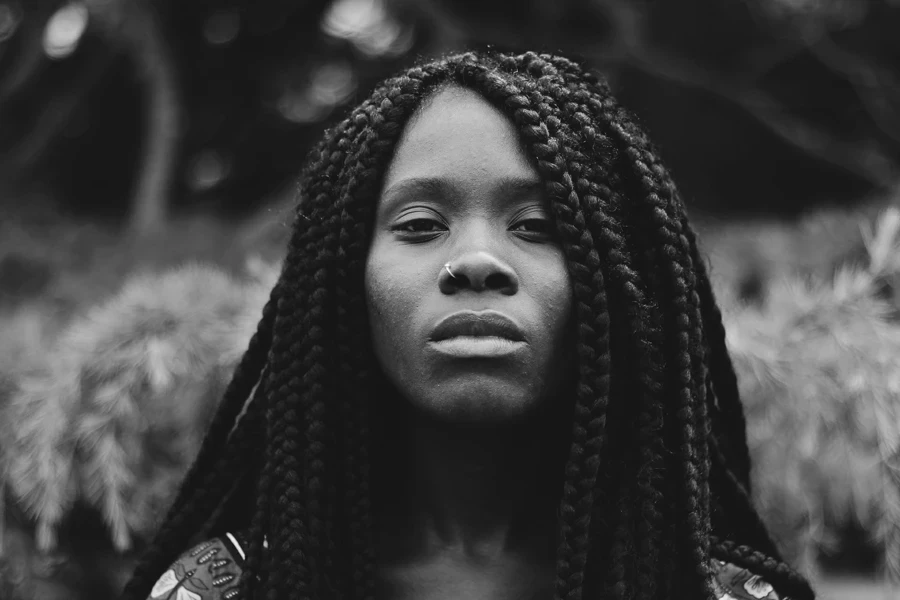
The kinky curly hair care market is experiencing significant growth and evolution, driven by increasing consumer demand and awareness. Several key trends are shaping this market:
- Natural and Organic Formulations: There’s a growing preference for products with natural, plant-based ingredients. Brands focus on formulas free from harsh chemicals, sulphates, and silicones, aligning with the clean beauty movement.
- Customization and Personalization: Companies offer products tailored to curl patterns and hair needs within the kinky curly spectrum. This trend extends to personalized hair care routines and product recommendations.
- Multi-functional Products: Time-saving, multi-purpose products are gaining popularity. Examples of this trend are Leave-in conditioners that act as styling products or deep conditioners that can be used as co-washes.
- Sustainable Packaging: Eco-friendly packaging solutions are becoming increasingly important to environmentally conscious consumers in the kinky curly hair care market.
- Digital Engagement: Brands leverage social media and online platforms for education, community building, and direct-to-consumer sales. Video tutorials and user-generated content are particularly influential in this space.
- Scalp Care Focus: An increasing emphasis on scalp health as a foundation for healthy hair growth, leading to more specialized scalp treatments and products.
- Men’s Kinky Curly Hair Products: The market is seeing growth in products specifically formulated and marketed for men with kinky curly hair.
For business buyers and procurement professionals, staying abreast of these trends is crucial for making informed decisions about product offerings and inventory management in the rapidly evolving kinky curly hair care market.
Choosing the right products

Selecting the appropriate products for kinky curly hair is crucial for businesses catering to this market. Here are key factors to consider when choosing products:
- Hair Porosity: Products should be selected based on hair porosity (low, medium, or high). High-porosity hair needs heavier, more moisturizing products, while low-porosity hair requires lighter formulations that won’t cause buildup.
- Ingredient List: Prioritize products with natural, moisturizing ingredients like shea butter, coconut oil, and aloe vera. Avoid harsh sulphates, silicones, and alcohol, which can dry out kinky curly hair.
- Product Consistency: Consider the weight of products. Creams and butters suit thicker, coarser hair, while lighter lotions and gels work well for finer textures.
- pH Balance: Look for pH-balanced products (ideally between 4.5 and 5.5) to maintain the hair’s natural acidity and keep the cuticles closed.
- Curl Definition: For styling products, consider how well they define and hold curls without causing crunchiness or flaking.
- Versatility: Multi-use products that can be used for different steps in the hair care routine offer value to customers and can be a selling point.
- Price Point: While quality is important, offering a range of price points can cater to different customer budgets.
By carefully considering these factors, businesses can curate a product range that effectively meets the diverse needs of customers with kinky curly hair, potentially increasing customer satisfaction and loyalty.
Embracing natural textures

The movement towards embracing natural kinky curly hair textures represents more than just a beauty trend; it’s a cultural shift with significant implications for the beauty industry. This embrace of natural hair is rooted in a growing desire for authenticity, self-acceptance, and celebration of diversity. This trend presents opportunities and responsibilities for businesses in the beauty sector. There’s a need to not only provide products but also to educate and empower consumers. This can be achieved through:
- Inclusive Marketing: Showcasing diverse hair textures in advertising and promotional materials.
- Educational Content: Offering resources on proper hair care techniques, styling tips, and product usage.
- Community Engagement: Creating platforms for customers to share experiences and advice.
- Product Innovation: Continuously developing products that cater to the specific needs of kinky curly hair.
- Sustainability: Aligning with eco-friendly practices to appeal to environmentally conscious consumers.
By embracing this movement, businesses can position themselves as allies in the natural hair journey. This approach drives sales and builds brand loyalty and a positive reputation within the kinky curly hair community. The future of kinky curly hair care lies in continued innovation, personalization, and a holistic approach to hair health. As the market evolves, businesses that stay attuned to consumer needs and values will be best positioned to thrive in this dynamic and growing sector.
Conclusion
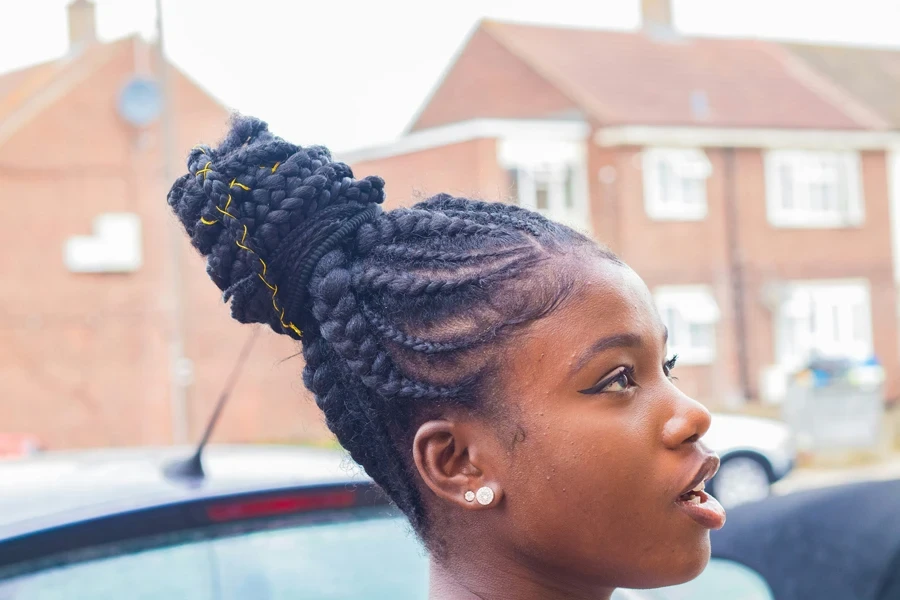
The kinky curly hair care market represents a vibrant and rapidly evolving sector within the beauty industry. From understanding the unique characteristics of kinky curly hair to selecting the right products and implementing effective care routines, businesses have many opportunities to cater to this growing consumer base. The rising demand for natural, tailored products and the cultural shift towards embracing natural textures underscore the importance of staying informed about market trends and consumer preferences.
For business buyers and procurement professionals, success in this market hinges on offering a diverse range of high-quality, specialized products that address the specific needs of kinky curly hair. By embracing inclusivity, sustainability, and education alongside product offerings, businesses can meet consumer demands and contribute positively to the broader movement of self-acceptance and diversity in beauty. As the market grows, those who adapt and innovate will be best positioned to thrive in this dynamic landscape.
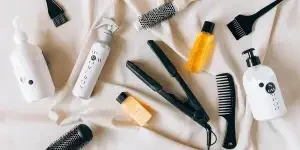
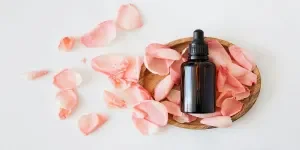
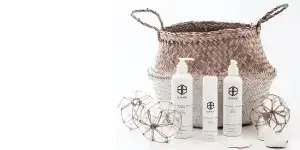
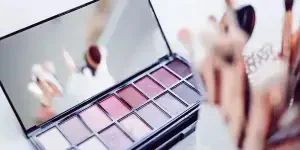
 Afrikaans
Afrikaans አማርኛ
አማርኛ العربية
العربية বাংলা
বাংলা Nederlands
Nederlands English
English Français
Français Deutsch
Deutsch हिन्दी
हिन्दी Bahasa Indonesia
Bahasa Indonesia Italiano
Italiano 日本語
日本語 한국어
한국어 Bahasa Melayu
Bahasa Melayu മലയാളം
മലയാളം پښتو
پښتو فارسی
فارسی Polski
Polski Português
Português Русский
Русский Español
Español Kiswahili
Kiswahili ไทย
ไทย Türkçe
Türkçe اردو
اردو Tiếng Việt
Tiếng Việt isiXhosa
isiXhosa Zulu
Zulu